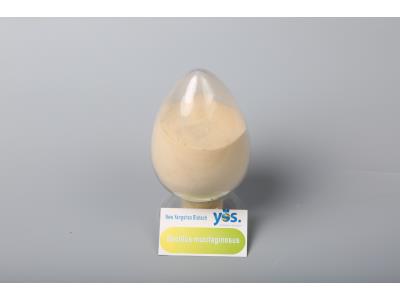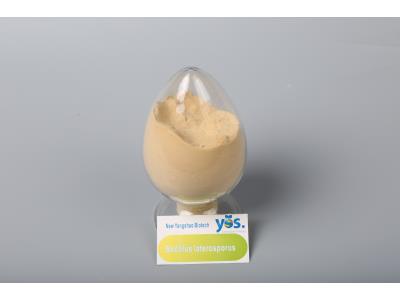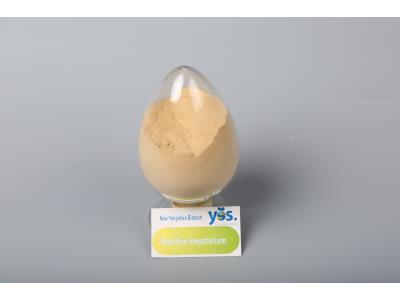Description
Bacillus mucilaginosus is a remarkable plant endophytic strain isolated from the rhizosphere soil, known for its excellent environmental compatibility. This strain boasts rapid reproduction, remarkable survival abilities, and robust resilience to adverse conditions. With its ability to enhance soil nutrient availability, particularly phosphorus and potassium, Bacillus mucilaginosus plays a vital role in improving crop yields. Its unique capability to produce carbonic anhydrase further aids in carbon dioxide fixation, making it an invaluable asset in sustainable agriculture.
The advantages of Bacillus mucilaginosus extend beyond nutrient solubilization; it promotes the conversion of ineffective soil phosphorus and potassium, thereby increasing their supply. This strain has extraordinary strength in dissolving essential nutrients, significantly contributing to enhanced crop performance and overall soil health.
Specifications
| Attribute | Details |
|---|---|
| Type | Endophytic Bacteria |
| Source | Rhizosphere Soil |
| Reproduction Rate | Fast |
| Resistance | Strong against Adverse Conditions |
| Nutrient Solubilization | Phosphorus, Potassium, and Silicon |
Additional Information
Bacillus mucilaginosus functions by decomposing minerals such as feldspar and mica to release potassium and silicon, while also dissolving phosphorus from apatite. It secretes plant growth stimulators and various enzymes that enhance crop resistance to diseases and inhibit the growth of pathogens. The potassium released from the bacterial body after its death can be readily absorbed by plants, thereby increasing soil nutrient availability and boosting crop yield and quality.



.jpg)

